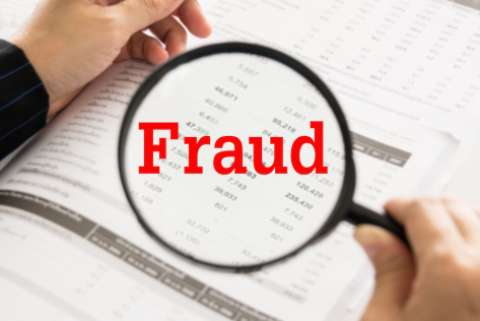An energy supplier that is a defendant in a class action for alleged Telephone Consumer Protection Act (TCPA) has filed a counterclaim against a third-party leads generator, alleging that the TCPA violations came about because they expressly disregarded compliance instructions and then falsified documentation to cover up their misdeeds.
The energy company, Direct Energy, hired Total Marketing Concepts (TMC) to generate leads and contact potential customers. The contract between the two stipulated that TMC would “provide all services in accordance with all applicable laws, regulations and rules, including, without limitation, the Telephone Consumer Protection Act of 1991, as amended, and all accompanying regulations and rules.” Direct Energy was explicit in directing TMC to only contact consumers who had opted in to receive marketing messages about their services.
TMC suggested to Direct Energy that they conduct a ringless voicemail campaign. Disregarding TMC’s repeated, incorrect assertion that ringless voicemail is not subject to the TCPA’s restrictions on the use of automatic telephone dialing systems (ATDS), Direct Energy agreed with the stipulation that TMC only contact consumers who had given consent to receive marketing messages. According to Direct Energy’s counterclaim, Direct Energy paid TMC a higher fee specifically for opt-in leads: “Further, Direct Energy paid TMC a premium for opt-in consents that, as noted, were required to include TrustedForm certificates. TMC charged Direct Energy $0.45 per opt-in lead, whereas non-opt-in leads could have been had for a fraction of the cost.”
Some time after TMC began the campaign, a consumer named Matthew Dickson initiated a class action against Direct Energy, claiming that he had received a ringless voicemail from TMC despite never having given consent. TMC provided evidence, in the form of screenshots of an Excel sheet, showing that Dickson had opted in. That evidence turned out to be fraudulent: “TMC employees manufactured the ‘Dickson opt-in’ and fraudulently passed it off to Direct Energy claiming that it was legitimate—it was not.”
This alleged, brazen fraud precipitated Direct Energy’s counterclaim against TMC. It will be interesting to see how this case proceeds.
Further Reading





